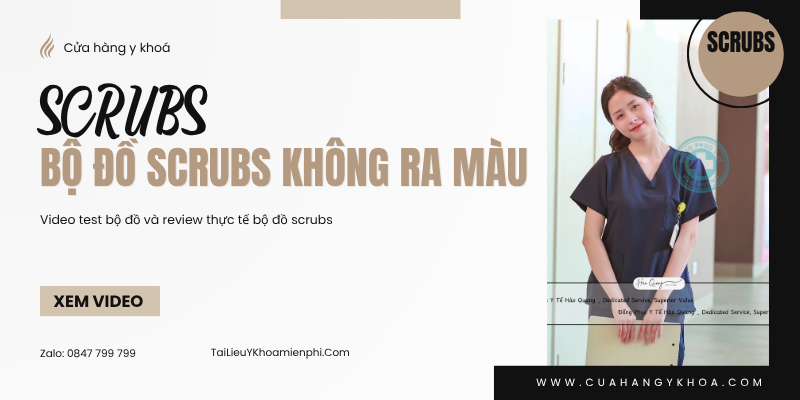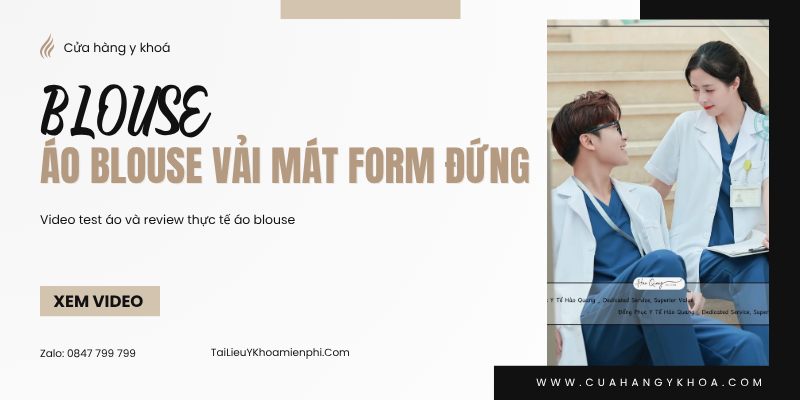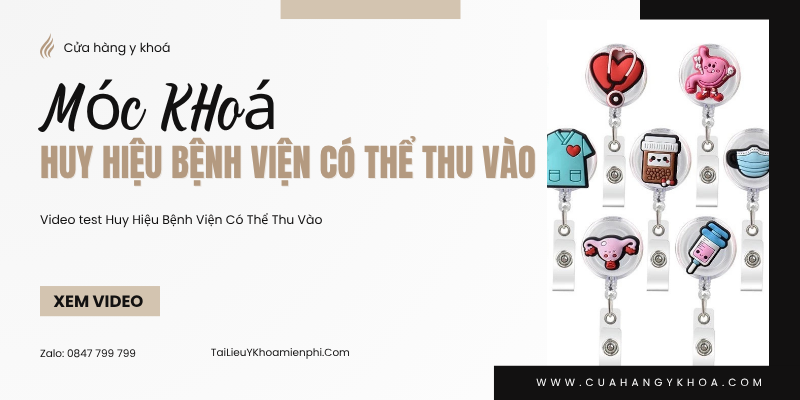Hôm nay, Trang vừa sưu tầm được một tài liệu hay về bệnh ngoại tim mach, nên chia sẻ đến các bạn để chúng ta cùng nhau tham khảo.
Các bạn tải tài liệu tại đây nhé DOWNLOAD
Mục lục

Notice
Medicine is an ever-changing science. As new research and clinical experience broaden our knowledge, changes in treat- ment and drug therapy are required. The authors and the publisher of this work have checked with sources believed to be reliable in their efforts to provide information that is complete and generally in accord with the standards accepted at the time of publication. However, in view of the possibility of human error or changes in medical sciences, neither the authors nor the publisher nor any other party who has been involved in the preparation or publication of this work warrants that the information contained herein is in every respect accurate or complete, and they disclaim all responsibility for any errors or omissions or for the results obtained from use of the information contained in this work. Readers are encouraged to confirm the information contained herein with other sources. For example and in par- ticular, readers are advised to check the product information sheet included in the package of each drug they plan to administer to be certain that the information contained in this work is accurate and that changes have not been made in the recommended dose or in the contraindications for administration. This recommendation is of particular importance in connection with new or infrequently used drugs.
Foreword
Heart surgery, as we know it today did not exist when I grad- uated from medical school in 1944. During the last half of the twentieth century, however, cardiovascular surgery emerged as an important therapeutic discipline, and I am fortunate to have participated in the excitement of the spe- cialty’s formative years.
Probably the most stimulating advance in the treat- ment of congenital heart disease occurred in 1944, when Alfred Blalock and Helen Taussig introduced their technique of systemic-to-pulmonary artery shunting for tetralogy of Fallot. The success of the “blue-baby” operation was so dra- matic and promising that cardiac surgery began to grow at a frenzied pace. The early operative procedures for congenital anomalies, including the blue-baby operation, proved that the circulatory system could be altered to improve blood flow and cardiopulmonary function.
With the introduction of temporary cardiopul- monary bypass, intracardiac procedures soon followed. Once open-heart operations became feasible, cardiac sur- geons became active explorers of the cardiac chambers. Mechanical and biological prostheses were developed to repair and replace parts of the heart as well as the heart itself. In my opinion, the most exciting of those early years was cardiac transplantation. Although early transplant survival rates were often disappointing, the success of the procedure stimulated surgeons to tackle other difficult cardiovascular problems. Methods to treat coronary artery disease using coronary artery bypass grafts were developed. Surgeons began to use fabric grafts to repair aortic aneurysms, using specialized techniques to preserve cerebral and spinal cord function during surgery. Those investigators involved in device development brought mechanical circu- latory support devices from the laboratories to clinical use. As the field of cardiac surgery expanded, so did that of diag- nostic testing. Digital, computer-enhanced techniques pro- vided more precise knowledge of cardiac anatomy and func- tion, facilitating surgical treatment. Even though many of the obstacles confronting sur- geons in the past have been successfully overcome, numer- ous challenges remain, including the refinement of existing surgical techniques. Cardiac Surgery in the Adult, edited by L. Henry Edmunds, Jr., was first published in 1997 at a time when cardiovascular surgery was in a period of incredible growth. The original text was a major contribution to the treatment of adult patients, and it remains on my shelf as tes- tament to how much our specialty has changed, yet remains the same. Dr. Larry Cohn became its co-editor for the second edition and is updating the text for the third time. The orig- inal chapters have been updated to reflect current thought and trends, and much more has been added. The new edition discusses refinements in less invasive techniques, such as minimally invasive valve repair and replacement, interven- tional therapy for atrial and ventricular arrhythmias, and use of the surgical robot. These techniques allow surgeons to attain the same therapeutic objectives with less trauma and discomfort for the patient. Also included are chapters that look to the future to describe, for example, the latest treat- ments for cardiac failure-a remaining challenge for scien- tists, cardiologists, and cardiac surgeons. Could the ultimate solution be a combination of therapies, for example, stem cells and mechanical cardiac assistance? Both are discussed within the pages of Cardiac Surgery,
Thus, this edition of Cardiac Surgery in the Adult, with its impressive list of contributors, provides an important progress report and treatment guide for our specialty. But there is an added bonus. Reading the text, which begins with an excellent history of the specialty, should stimulate its readers to think about how far cardiovascular surgery has come since its beginnings and about how each of us can con- tribute to insuring its continued, successful evolution.
Sách còn nhiều nội dụng hay các bạn hãy tải sách dể đọc thêm thông tin thú vị
Các bạn tải tài liệu tại đây nhé DOWNLOAD
Chào mừng bạn đến với trang tài liệu y khoa miễn phí ! Đây là nơi chia sẻ những kiến thức, kinh nghiệm và tin tức mới nhất trong lĩnh vực y khoa . Mình hy vọng rằng bạn sẽ thích trang của mình và tìm thấy những thông tin hữu ích lĩnh vực y khoa.
Để nhận thêm nhiều tài liệu cập nhập mới nhất và miễn phí về y khoa hãy follow like Fanpage:
Facebook: https://www.facebook.com/tailieuykhoa.thuvienykhoa.tonghoptailieuykhoa
Website : https://tailieuykhoamienphi.com/



